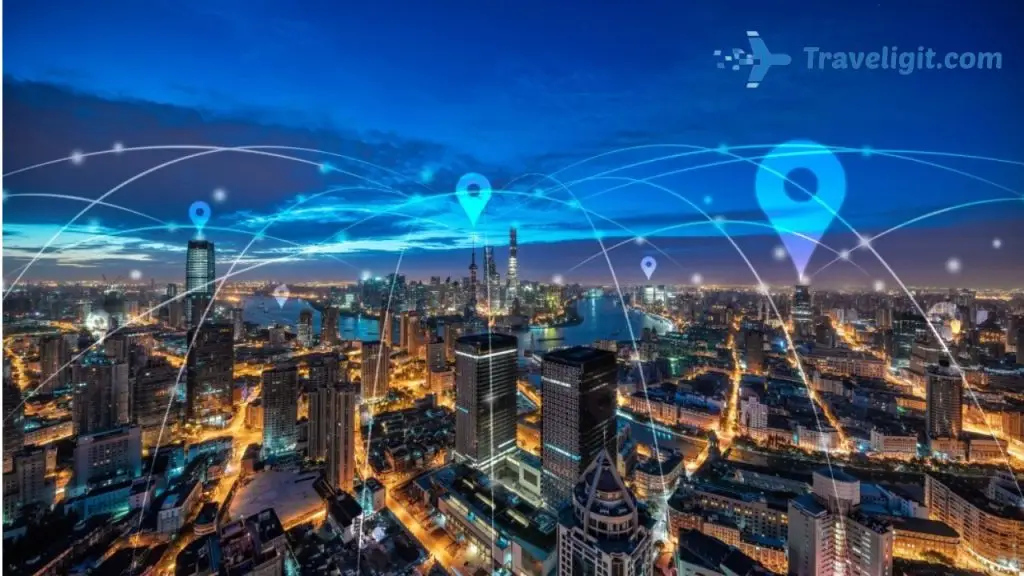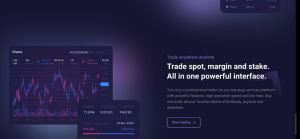BIG DATA, THE NEW WAY TO PREDICT FUTURE TOURISTS

BIG DATA, THE NEW WAY TO PREDICT FUTURE TOURISTS
Like many other industries, tourism would benefit greatly from knowing some information about prospective customers in advance. Fortunately, there is no need to rely on fortune tellers anymore, but just take advantage of Big Data. PREDICT FUTURE TOURISTS
Can you imagine having a global vision of the tourists in your target area, their social and demographic profiles, origins, tastes, lifestyles, or even what they want to experience? Maybe you’re looking for the best location to open a new store based on your target audience? Or knowing the number of future tourists and where they come from throughout the year, allows you to plan your resources?
Would you change your marketing campaigns if you knew the country of origin of your potential customers?
In this digital age where everything is interconnected (employees, customers, rooms, rental cars, restaurants, destinations…), new technologies and data analysis are driving the adoption of new consumption models and decision-making processes for tourism. It will be necessary to improve.
The transformation of our society has no room for the traditional way of classifying consumers. Potential customers are more complex than ever, so companies need new market analysis models and new strategies for customer segmentation.
It is important to understand the client profile, consumption habits, needs and demands in order to add value to the products or services offered, and consequently, to grow the company’s business.
Simple segments like grouping based on age, gender or social class no longer work. It’s no longer about how old a potential client is, but how old he is.
New consumer tribes have emerged, like silver-haired tourists (seniors), with specific needs and different consumption habits.
Another trend is leisure, which combines business and leisure, and is used by many employees who have to travel for work.
In fact, according to a study by BridgeStreet Global, 80% of business travelers say that taking a personal day adds value to work travel, with 46% saying they already do so on nearly all of their business trips.
Another change that has also reached tourism is the low-cost philosophy, such as tight-budget rental platforms, and more recently, the opening of home-grown restaurants where margins are slim and price struggles are constant.
All things considered, the tourism industry, given its high competitiveness and virtually endless territories, is looking for alternatives to regain ground and visibility.
Big data, a new way to predict future tourists
And to achieve this, the key is to know who these new customers are, how they feel, and how they will be traveling in the future, in order to design the right product or service that suits them. be
Ahead of a hyper-connected traveler looking for personalized experiences, Big Data strategies will be the way to discover behavioral patterns with which to meet our industry’s challenges.
Data analysis makes it possible to better understand future customers, which translates into sales and web positioning. In particular, big data helps to: PREDICT FUTURE TOURISTS
Tailor strategies to customer expectations, adapt service propositions to new customer groups, and even generate new business opportunities. Establishments can predict high tourist arrivals, and thus plan their resources more effectively; Create prototypes of future customers, in a time where spontaneity prevails. Customers want their needs met as soon as they arrive at an establishment, so it’s important to be prepared; Get comprehensive information about tourists, their social and demographic data, purchasing power, origin, place of residence. , hobbies, etc.; Adjust employee profiles to match future customers (language, menu, etc.), which translates directly into satisfied customers.
No matter the size of a company (a hotel, country house, restaurant, cafeteria…), or the amount of data available, or its state of digitization, Big Data is a way to promote tourism because It allows travelers to explore destinations. Better, and allows businesses to offer what they really need.
Always keep in mind that customers don’t just look for adventure, they want the perfect and unique experience. PREDICT FUTURE TOURISTS






